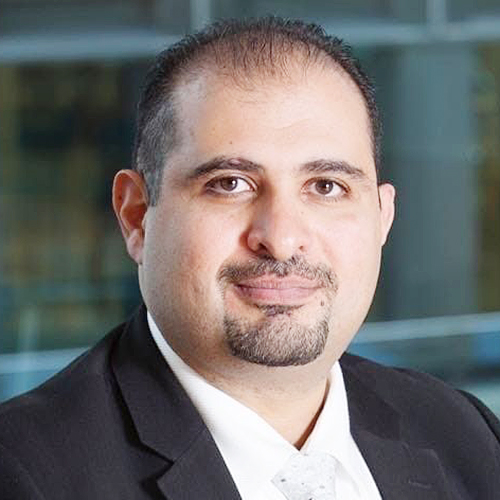Hong Kong-listed ESR Group, through its wholly owned subsidiary ARA Asset Management, has entered into a partnership with Export–Import Bank of China (China Eximbank) for the closing of a US$1 billion infrastructure fund – the China-Asean Investment Cooperation Fund II (CAF II).
The fund will invest in Asean countries across various infrastructure, energy resources including renewables, and ICT (information and communications) sectors, with a strong focus on sustainability and environmental, social and governance (ESG) standards.
Aside from ARA and China Eximbank, Gezhouba Group Overseas Investment Corporation and China Road & Bridge Corporation have also committed to fund CAF II, said to be the largest Asean-focused private infrastructure fund.
Meanwhile, China Eximbank has appointed ARA Infrastructure, ARA Private Fund’s infrastructure arm, as investment adviser.
“We are confident that the infrastructure fund is well-positioned to benefit from robust long-term macroeconomic trends in Asean, including rising incomes, rapid urbanization and favourable demographics,” comment ESR co-founders and CEOs Jeffrey Shen and Stuart Gibson.
“Alongside the focus on post-Covid economic recovery and growth, and various government investor-friendly policies to encourage infrastructure investment, the fund will contribute significantly to economic expansion and job creation across the region.”
China Eximbank vice-president Chen Bin adds: “We have established business ties with Asean countries for more than 20 years and financed more than 200 projects in such sectors as power, transportation, water conservancy and industrial production. We hope CAF II can help enhance connectivity, trade and investment cooperation between China and Asean countries, so as to contribute to the economic cooperation and trade in the region.”
According to the Asian Development Bank, developing Asia will require more than US$26 trillion of investments between 2016 to 2030 (US$1.7 trillion per year) in infrastructure to support economic growth, raise living standards and mitigate climate change impacts. Of these funds, US$14.7 trillion (56% of the total) will be needed for the transition of the energy sector to more renewable and efficient sources. However, there remains a funding gap of US$459 billion per year in the region.
The resilience of infrastructure assets during times of economic downturn has greatly raised the attractiveness of the asset class among investors. According to a 2021 Preqin survey, 47% of global investors intend to increase their long-term allocation to the asset class. Assets under management for the sector is projected to grow at a compound annual growth rate of 16.6% from US$86 billion in 2021 to US$1.87 trillion in 2026, overtaking real estate to become the largest real asset class.









